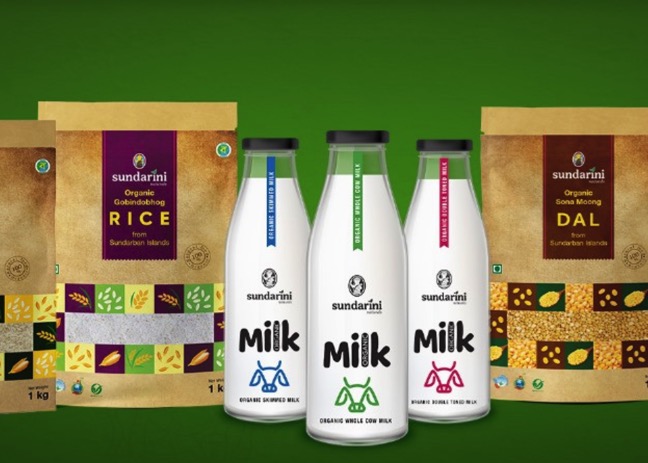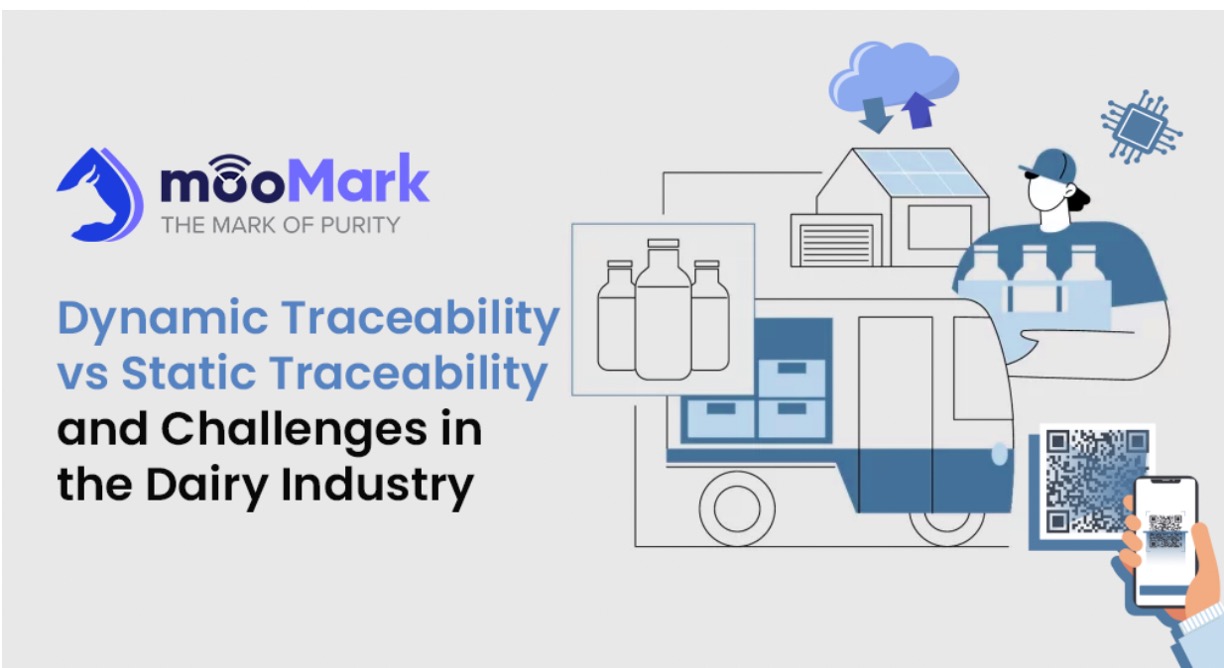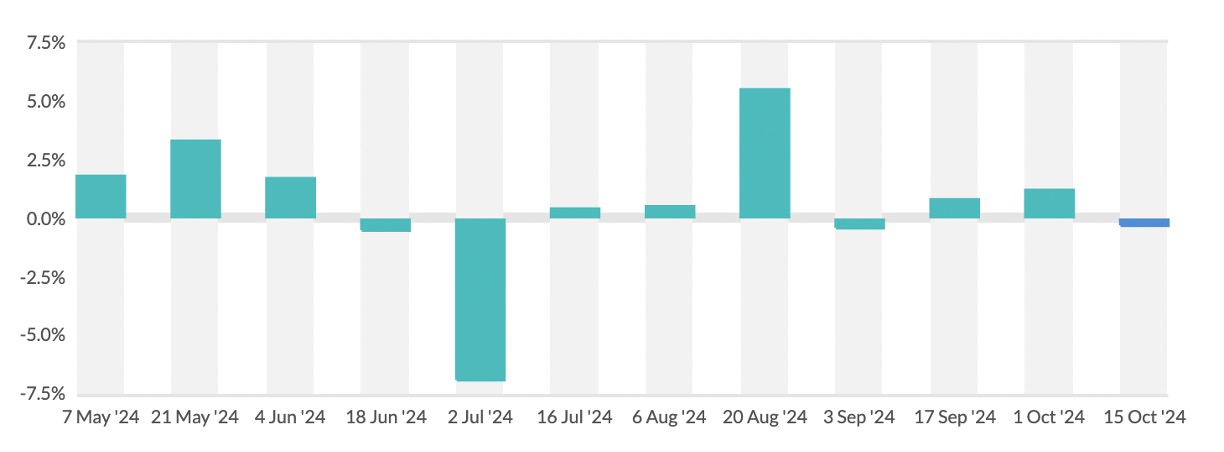In April, a story emerged that for many years scientists have suppressed an astonishing finding—that ice-cream might be good for health. The Atlantic magazine ran a story headlined, ‘The Ice-cream conspiracy’ by David Merritt Johns, who is generally described as a “public health historian.” His story begins in 2018. The research of a doctoral student at Harvard Medical School led him to the conclusion that, “Among diabetics, eating half a cup of ice cream a day was associated with a lower risk of heart problems.” The finding seemed so joyful, which is rare in nutritional science, that his seniors asked him to check again. But the health benefits of ice-cream survived all rigorous assaults. Harvard downplayed the results.
That was not the first time a scientific study at Harvard linked ice-cream to health benefits; 20 years earlier, researcher Mark A. Pereira studied data from 1985 tracing the effect of food on the hearts of over 5,000 young adults. Low-fat dairy, the data suggested, had a good effect. It was interesting news at the time, but not surprising. The shock was that low-fat dairy in the form of sweet dessert that consisted “mainly of ice cream” had a much larger beneficial effect by reducing the chances of overweight people turning pre-diabetic.
After The Atlantic’s story, a flood of stories appeared titled, in one form or another, ‘Can ice cream be healthy?’ In journalism, if you see a question as headline, it means the writer does not know the answer because nobody does. These stories had the excitement of unspoken hope—that ice cream is not only fine but beneficial, even if it is eaten daily in small portions. Usually, something worth living for can also kill you. But then the scientific community did not wish to admit this was true. That was, in fact, the central message of The Atlantic story—not that ice-cream might be beneficial, but that the hypothesis is unpopular among nutrition scientists. It has been tested many times and if any other food that did not contain sugar had accumulated this quantum of evidence, it would have been popular wisdom by now. But nutritionists and the media feel a sense of responsibility to play it down. It is something a vast majority of people would want to believe. But what if the science is wrong? The issue is similar to a finding that nicotine is good—it is said to be a magic drug of nature, but what people love is its delivery device, smoking, which can kill us with more certainty than nicotine can extend our lives.
Johns mentions a study in 2014 that found “higher intake of yogurt is associated with a reduced risk” for Type-2 diabetes, “whereas other dairy foods and consumption of total dairy are not.” One part of the statement is not surprising. Yoghurt is a superhero among foods and no one questions anything good said about it. But the other part is intriguing. It was not true that the study found no other dairy food that could reduce risk of diabetes. It had found that ice-cream did just that. In fact, its good effect on one aspect of health was more consistent than yoghurt’s. Imagine ice-cream being healthier than yoghurt—some people might want to harm their parents.
Scientists wondered in what ways they can disprove ice-cream’s “health benefits”. The strongest lead they had was that nutritional research is almost entirely based on what people said they ate and how much, and people tend to lie. Scientists wondered what if in the cohort whose statements form the basis of the 2014 study, those who developed precursors to diabetes, like hypertension, had reduced their ice-cream intake but did not report it, and healthy people saw no need to reduce theirs? This would mean it was not ice-cream that made people healthy, but good health sustaining or increasing its consumption. Researchers tweaked the data to adjust for this. The health aura of ice-cream dimmed by half, but even so, it appeared to be as healthy as yoghurt.
You may think all this is fine, but what is the truth? Is ice-cream beneficial or not? Can it protect us from diabetes and heart disease?
There is something in ice-cream’s favour, but don’t stop reading yet. In what most of us consider ‘real ice-cream’, the tastier stuff which is made of dairy, there would be a “milk-fat-globule membrane” that sheaths the fat. This membrane and the fat itself would ensure that the sugar in it is released into the blood stream slowly. According to modern nutrition, prevention of diabetes and heart disease is all about slowing down that release. The rate at which food becomes blood sugar has a standardized scale, the Glycemic Index. As Johns points out, ice-cream has a lower index than brown rice. Also, ice-ream has vitamins and protein.
But then, this is the sort of paragraph in mass media that conscientious scientists dread. It is not factually wrong, but what if it inspires people to make ice-cream their main course? Actually, a “Youtuber” did just that, and he lost weight, but he started hating ice-cream after that.
But the most interesting revelation of the ice-cream conspiracy is that even in science, we have gatekeepers who decide what should be canonized as ‘proven fact’ and what should be defamed as a wrong signal.





























